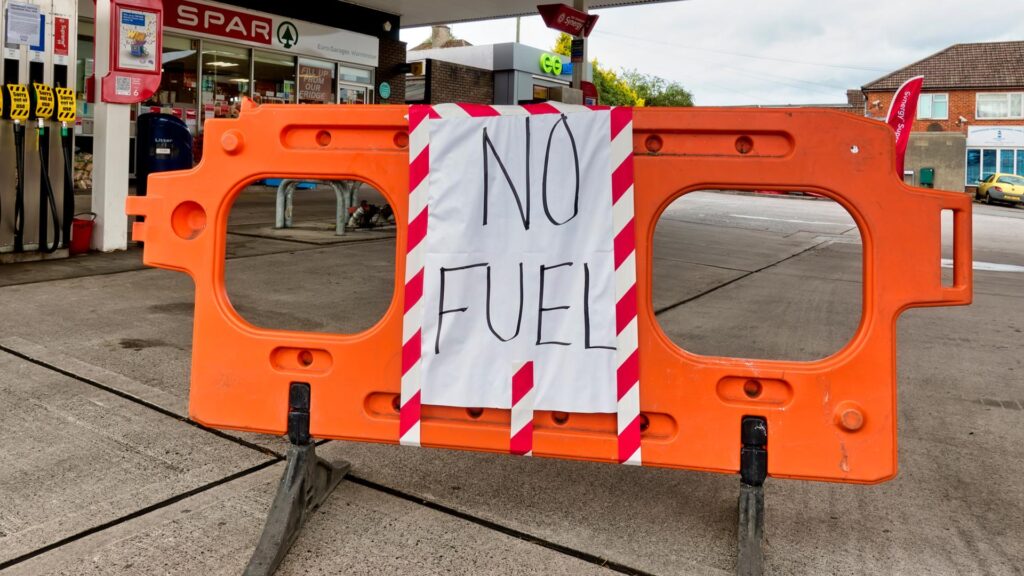
Apparently, we haven’t been through enough crises recently, and so it’s been deemed suitable to bring us another set of issues that we’ll have to contend with over the winter.
Winter, in and of itself, could be considered a crisis because in the UK the weather is absolutely abysmal, and as we hurtle towards cold, long dark nights we’ll be needing to use more fuel, and use our heating much more.
As we emerge from the coronavirus crisis, many people are just about getting themselves back on their feet, and the news of fuel and energy shortages aren’t exactly welcome news.
We know, too, that many of our clients are currently moving and as such fuel and energy are important to their budgeting, considering the rental market is so hot right now and clients are having to move quickly in order to secure their perfect rental homes.
The fuel crisis
Ok so, firstly, the fuel crisis, what’s happened? Well, back in September, thanks to an ongoing shortage of HGV and lorry drivers, many petrol stations were struggling to get enough fuel delivered to meet demand.
The first cause for concern was raised when BP announced it would be shutting a small number of its petrol stations temporarily whilst they got them refilled.
That, however, caused widespread panic buying, with many motorists worried that they wouldn’t be able to get enough fuel to get to work or get about. Huge queues formed at petrol stations overnight and a full blown crisis erupted.
Thankfully, the government now seems to have things under control, with many petrol stations now getting more regular deliveries. That being said, the advice is that you should only top up with what you need, not splashing out more expendable cash than you already have because this can leave you short as well as adding to the crisis.
The energy crisis
In brief, most of Europe is coming to terms with a shortage of gas and other fuel to heat our homes. Wind farms aren’t producing as much, and a number of other variables mean that the wholesale price of gas and electric has almost doubled, meaning the cost is being passed on to consumers.
In practical terms, you’re either going to be in a fixed deal or you’re not. If you’re in a fixed deal until a certain point then the price cap that you can pay for energy bills has now been lifted, meaning that the cost of your energy will likely be at least 25% higher.
For those on variable tariffs, or non-fixed, these are now actually working out amongst some of the cheapest deals but, as always, you should keep shopping around and comparing deals.
Moving home
We know that many of our clients are currently looking for private rented housing so the added stress of potentially higher bills can cause issues.
We’d advise you to speak to us and our advisors, we can take on board what you’re looking for, what your budget is and the sorts of areas you’re keen on.




